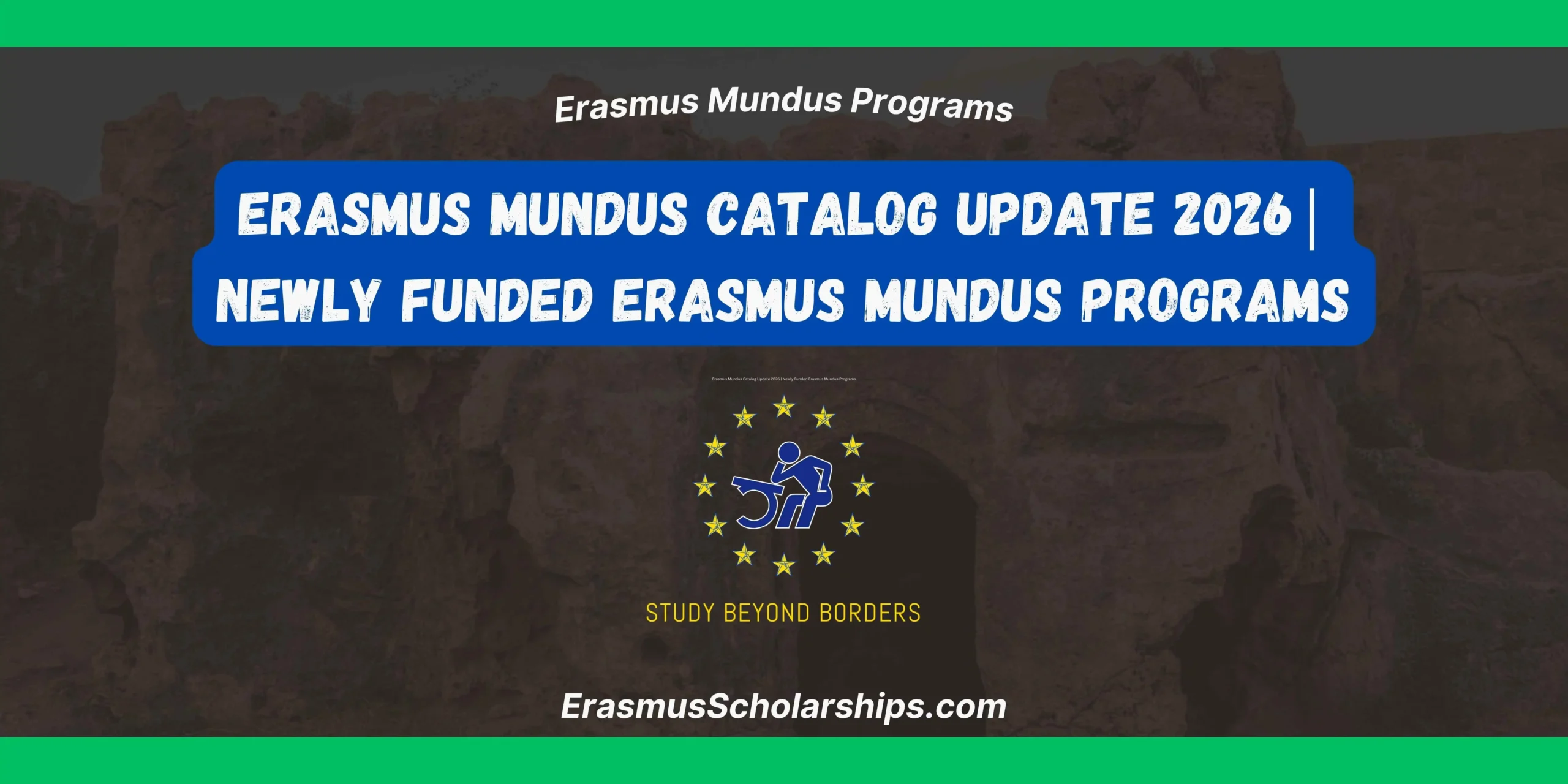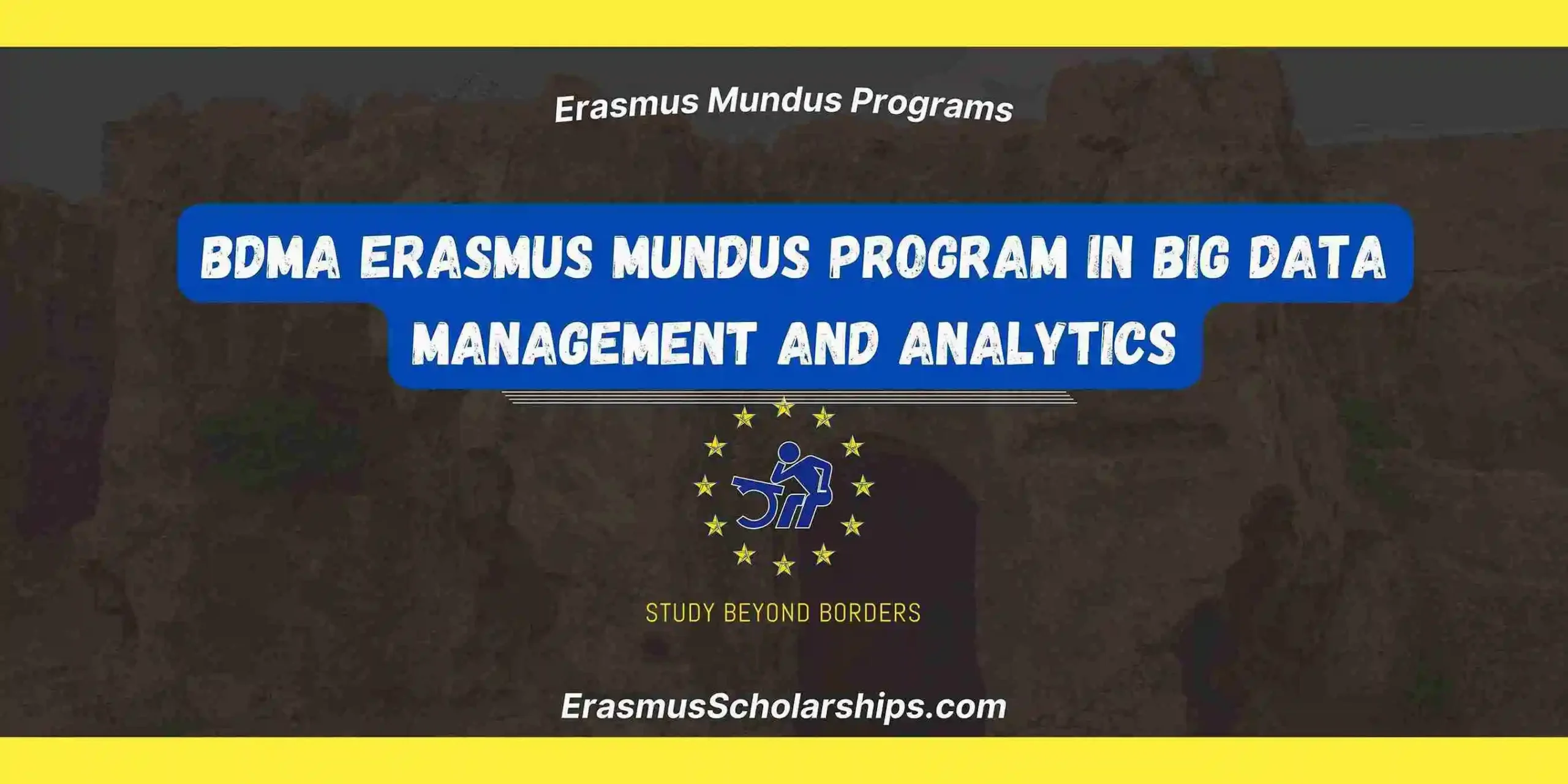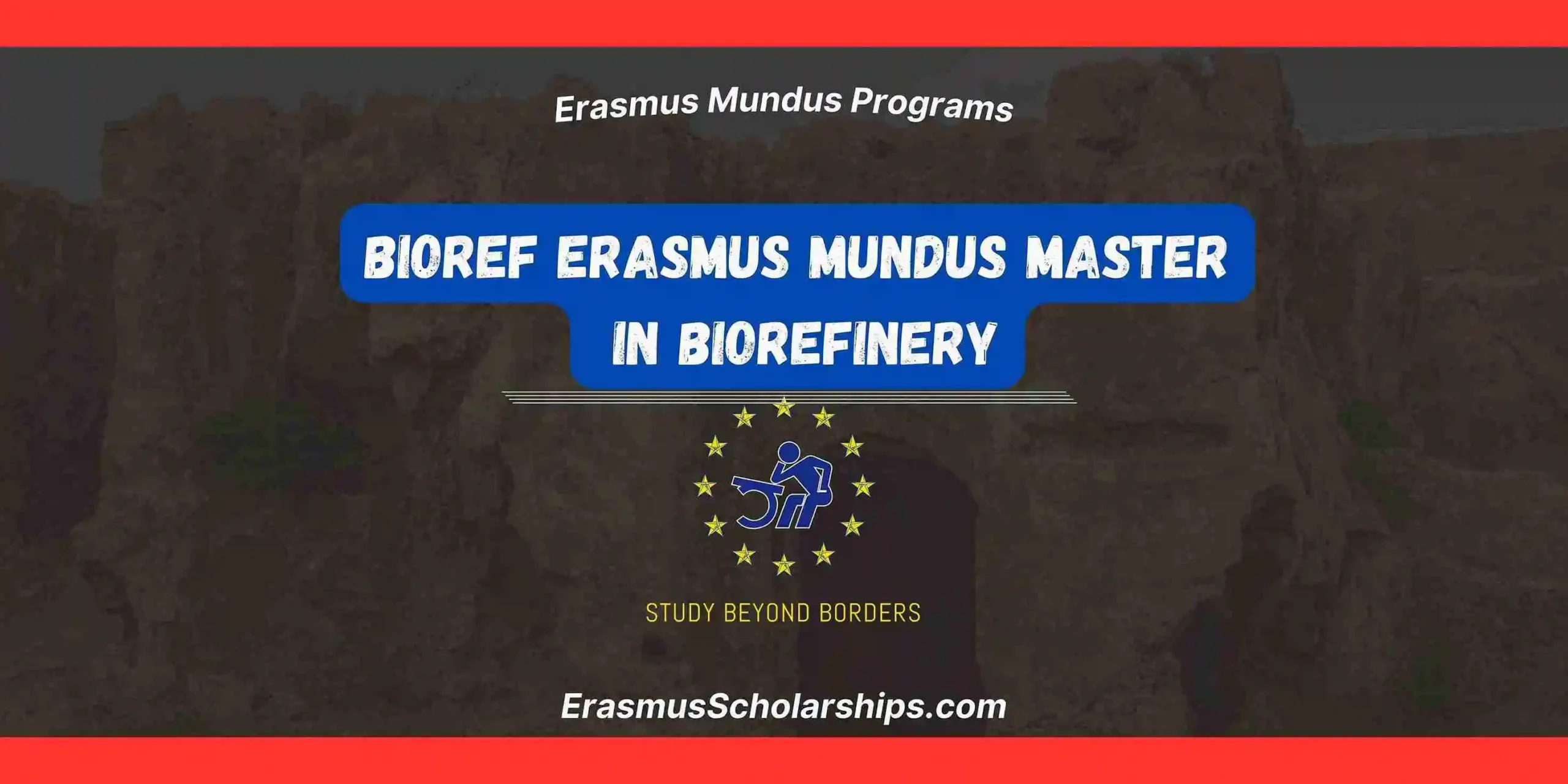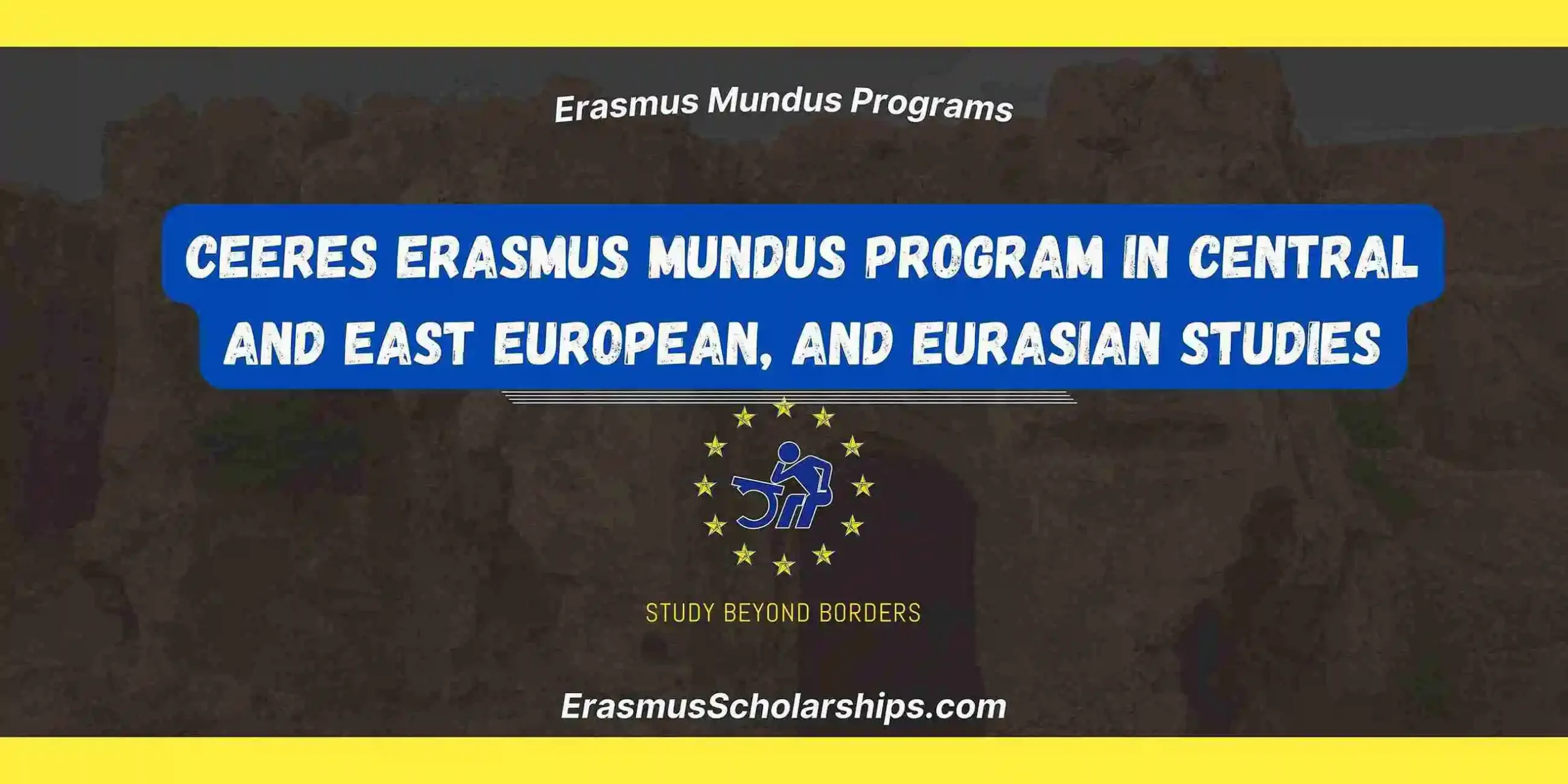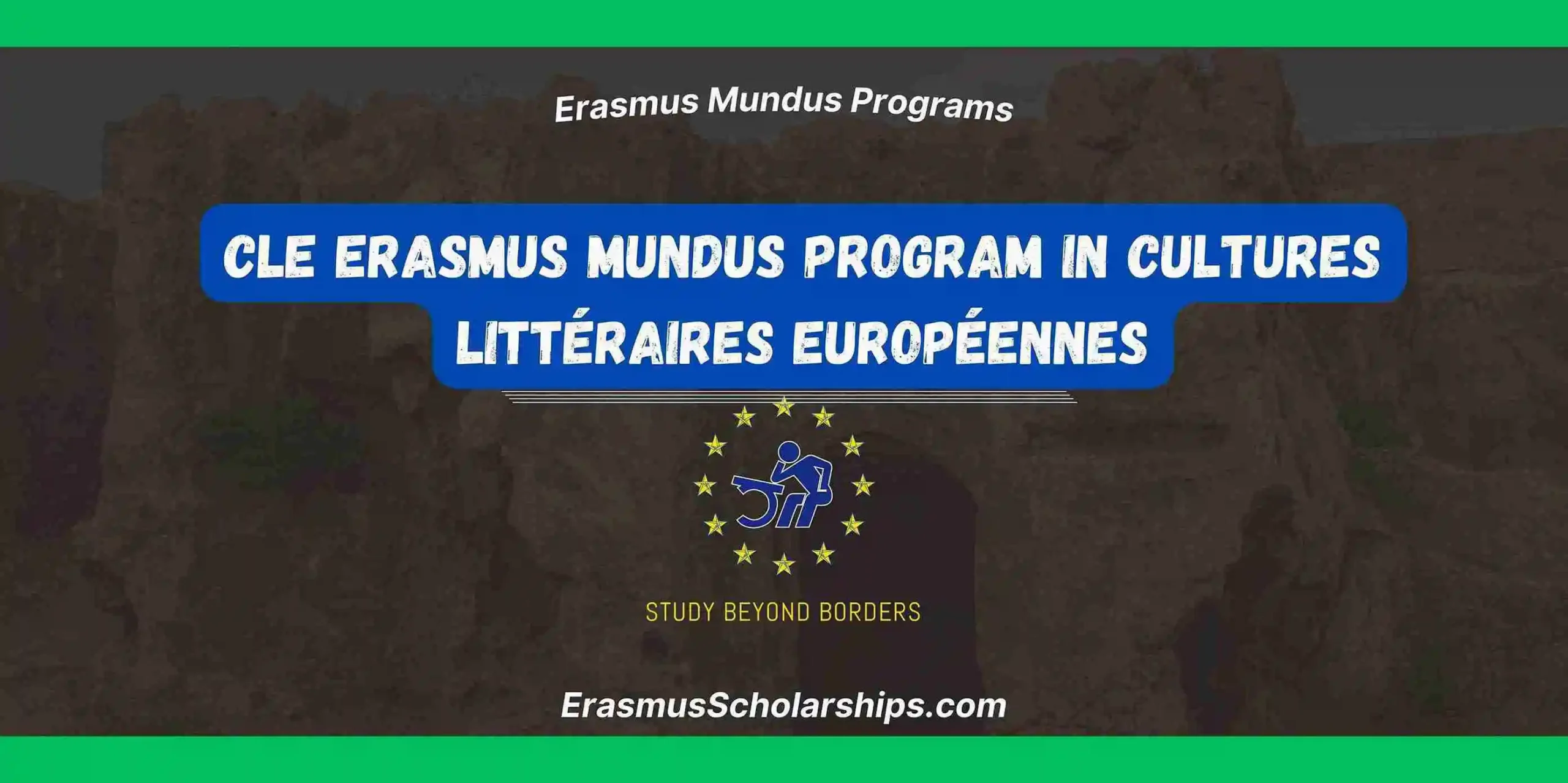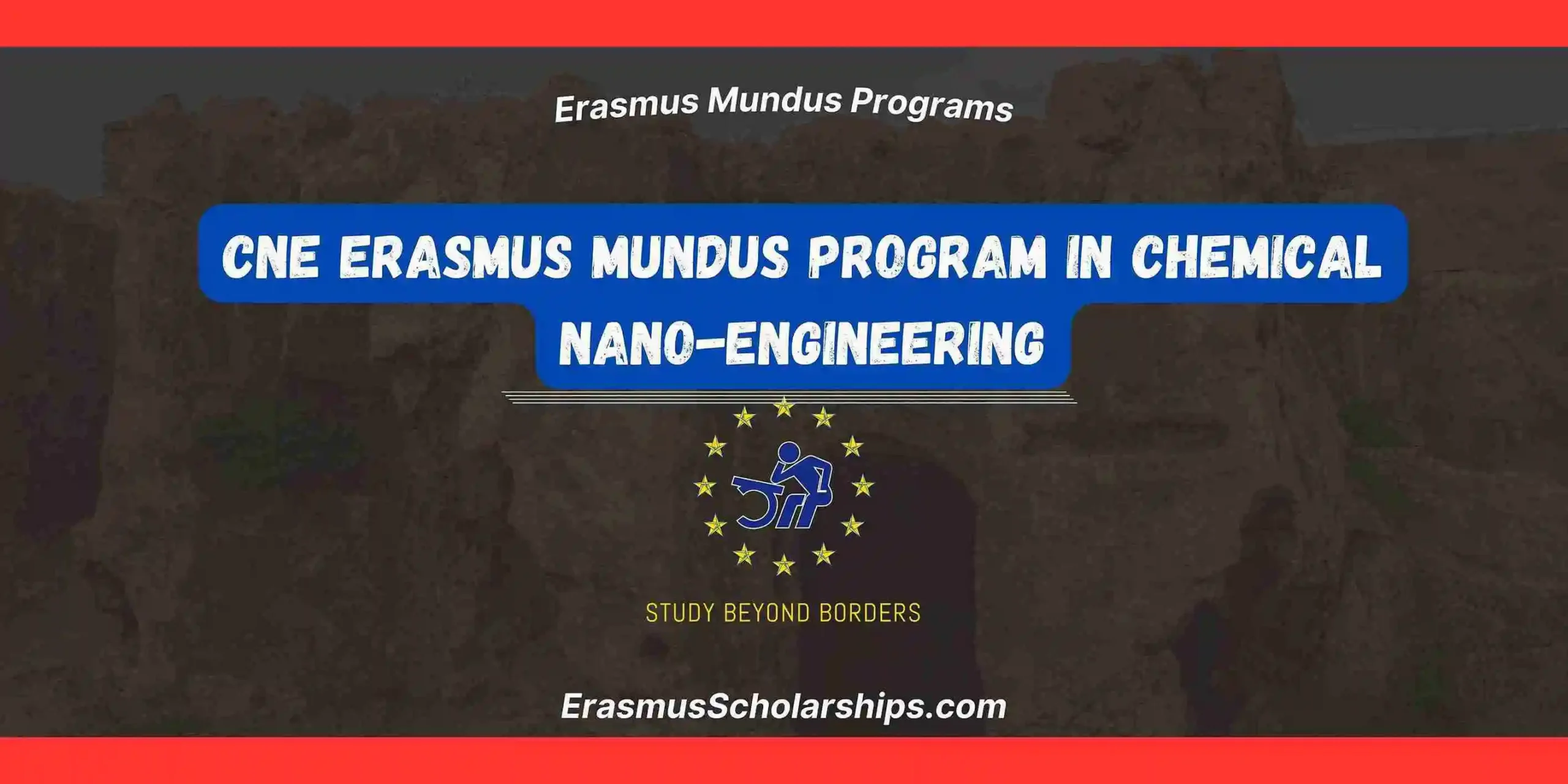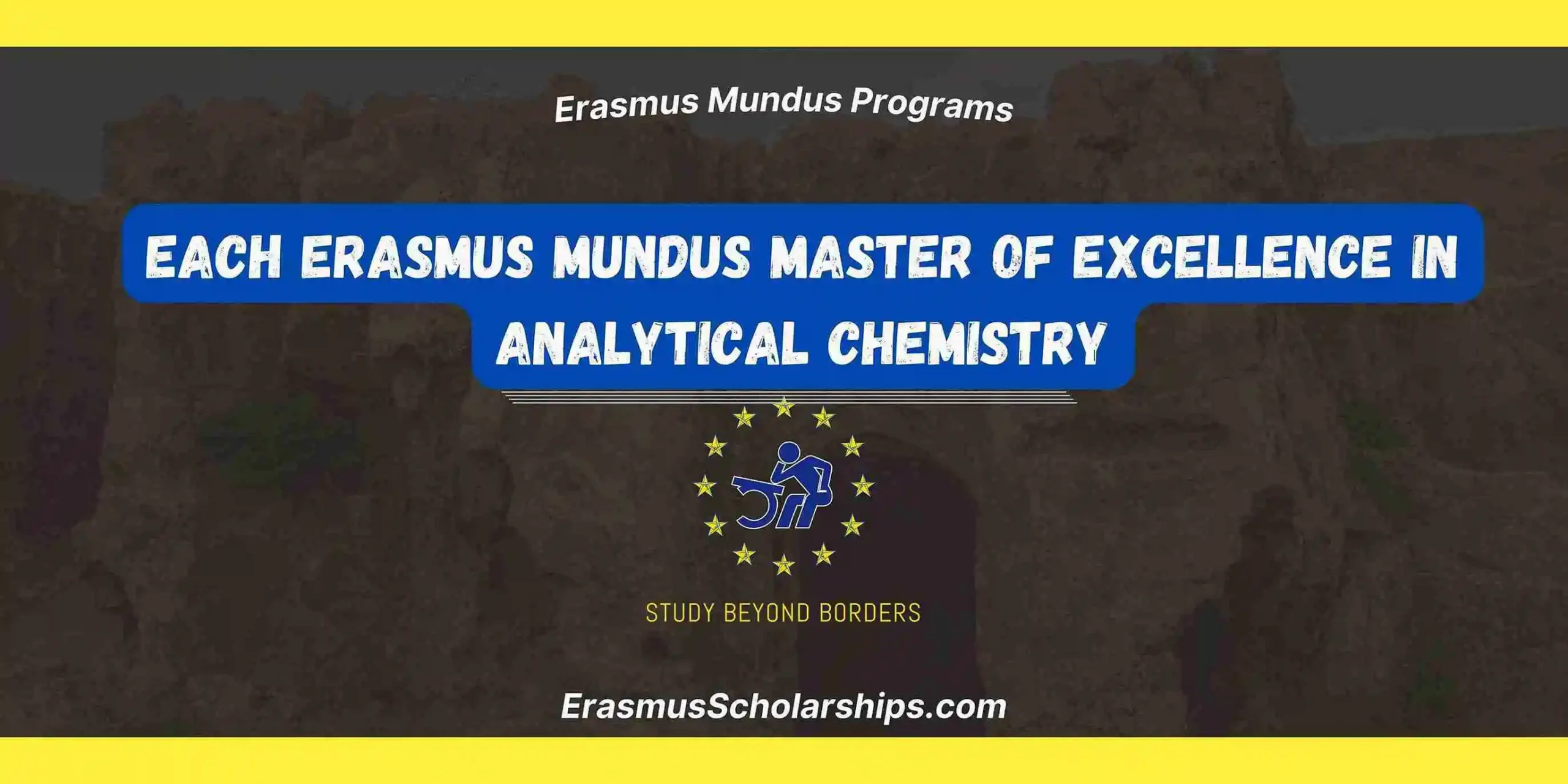The iPSRS Erasmus Mundus program (Intelligent Photonics for Security, Reliability, Sustainability, and Safety) is an innovative two-year joint master’s degree designed to train the next generation of experts at the intersection of photonics and artificial intelligence. Funded by the European Commission under the Erasmus Mundus Joint Master (EMJM) scheme, the program aims to address pressing global challenges in security, environmental sustainability, and digital transformation through advanced optical technologies and data-driven solutions.
Coordinated by Université Jean Monnet (UJM) in France, the iPSRS Erasmus Mundus program brings together a consortium of leading European universities, offering students a unique opportunity to study across multiple countries and institutions. With a focus on both theoretical knowledge and practical skills, the curriculum is designed to equip students with the tools necessary to innovate in fields such as optical sensing, imaging, and AI-driven data analysis.
Project Status
- Project Status: Ongoing
- Start date: 01-09-2024
- :End date 31-10-2030
- EU Grant: 4.968.000,00 €
- Programme: Erasmus+
- Action Type: Erasmus Mundus Joint Master
- Universities Involved
- Countries Involved
The iPSRS Erasmus Mundus program offers students the opportunity to study at four top-tier universities across Europe.
| Université Jean Monnet (UJM) |
| University of Eastern Finland (UEF) |
| Université Paris-Est Créteil (UPEC) |
| Vilnius University (VU) |
| France |
| Finland |
| Lithuania |
This cross-border collaboration allows students to gain an international perspective while studying and researching in the heart of Europe’s academic and industrial hubs.
Description of the iPSRS Erasmus Mundus Program
The iPSRS Erasmus Mundus program is designed to provide comprehensive education in intelligent photonics, integrating advanced optical technologies with artificial intelligence. The curriculum covers a range of topics, including optical sensing, imaging, data analysis, and machine learning, preparing students to tackle challenges in security, environmental monitoring, and sustainable development.
Students will engage in interdisciplinary coursework, hands-on laboratory work, and collaborative projects, gaining both theoretical knowledge and practical skills. The program emphasizes innovation, critical thinking, and adaptability, equipping graduates to contribute to cutting-edge research and industry advancements.
Key Features of the iPSRS Erasmus Mundus Program
- Multidisciplinary Curriculum: Combines photonics, optics, and artificial intelligence.
- International Mobility: Study across multiple European countries.
- Scholarships: Offers Erasmus Mundus scholarships of €1,400 per month.
- Industry Collaboration: Partnerships with leading research institutions and companies.
- Joint Degrees: Graduates receive multiple master’s degrees recognized across Europe.
Mobility Tracks of the iPSRS Erasmus Mundus Program
The program’s mobility scheme allows students to study at different partner universities during their two-year course:
- Year 1, Semester 1: Université Jean Monnet (France)
- Year 1, Semester 2: University of Eastern Finland (Finland)
- Year 2, Semester 1: Choice between Université Paris-Est Créteil (France), Université Jean Monnet (France) and Vilnius University (Lithuania)
- Year 2, Semester 2: Anywhere in partner institutes or industries
This structure provides students with diverse academic environments and exposure to various research facilities and cultural contexts.
Admission Requirements
Applicants to the iPSRS Erasmus Mundus program must meet the following criteria:
- Educational Background: Hold a bachelor’s degree (or equivalent) in engineering, computer science, physics, or related fields, corresponding to 180 ECTS credits.
- Academic Excellence: Demonstrate a strong academic record and motivation for the program.
- Language Proficiency: Provide proof of English proficiency through standardized tests (e.g., TOEFL, IELTS) if applicable.
Students in the final year of their bachelor’s program may apply, provided they graduate before the program’s start date.
How to Apply for iPSRS Erasmus Mundus Program
Applications are submitted online through the program’s official website. The application package typically includes:
- Completed application form
- Curriculum Vitae (CV)
- Motivation letter
- Academic transcripts and degree certificates
- Proof of English proficiency
- Two letters of recommendation
Applicants should ensure all documents are submitted before the specified deadlines.
Tips to Win the iPSRS Erasmus Mundus Program
- Start Early: Begin preparing your application well in advance to gather all necessary documents.
- Tailor Your Motivation Letter: Clearly articulate your interest in photonics and AI, and how the program aligns with your career goals.
- Highlight Relevant Experience: Emphasize any academic, research, or professional experiences related to the program’s focus areas.
- Secure Strong Recommendations: Choose referees who can attest to your academic abilities and suitability for the program.
- Proofread: Ensure your application materials are free from errors and present a cohesive narrative.
Application Timeline
- Scholarship Application Deadline: February 7, 2025, 11:59 PM (UTC)
- Extended Deadline for Self-Funded Students: May 31, 2025
Applicants seeking the Erasmus Mundus scholarship must submit their applications by the February deadline.
Curriculum Structure of the iPSRS Erasmus Mundus Program
The program’s curriculum is structured as follows:
- Semester 1: Université Jean Monnet (France)
- Courses in physical and Fourier optics, digital holography, and related topics.
- Semester 2: University of Eastern Finland (Finland)
- Focus on photonics applications and AI integration.
- Semester 3: A choice between Université Paris-Est Créteil (France), Université Jean Monnet (France) and Vilnius University (Lithuania)
- Advanced studies in imaging, data analysis, and security applications.
- Semester 4:
- Master’s thesis project and research work.
Detailed breakdown of the course curriculum can be found here:
Coordinator Contact
For more information about the iPSRS Erasmus Mundus program, contact:
- Program Coordinator: Prof. Nathalie Destouches
- Email: master.PSRS@univ-st-etienne.fr
Additional contact details can be found on the program’s official website.
Alumni Feedback
Alumni of the iPSRS Erasmus Mundus program have praised its interdisciplinary approach, international exposure, and the opportunity to engage in cutting-edge research. Graduates have successfully pursued careers in academia, industry, and research institutions, contributing to advancements in photonics and AI applications.
Frequently Asked Questions (FAQs)
What is the iPSRS Erasmus Mundus program?
The iPSRS Erasmus Mundus program is a two-year joint master’s degree focusing on intelligent photonics and its applications in security, sustainability, and safety.
Who is eligible to apply for the iPSRS Erasmus Mundus program?
Applicants with a bachelor’s degree in engineering, computer science, physics, or related fields, and who meet the program’s admission requirements, are eligible to apply.
What is the scholarship amount for the iPSRS Erasmus Mundus program?
The program offers Erasmus Mundus scholarships of €1,400 per month to selected students.
What degrees will I receive upon completing the iPSRS Erasmus Mundus program?
Graduates of the iPSRS Erasmus Mundus program will receive a joint or multiple master’s degree, depending on the mobility track, awarded by the universities where they completed their studies. These degrees are fully recognized across Europe and enhance employability worldwide.
What are the mobility options in the iPSRS Erasmus Mundus program?
The iPSRS Erasmus Mundus program follows a fixed mobility path. Students begin at Université Jean Monnet (France), then proceed to the University of Eastern Finland (Finland), followed by a choice between Université Paris-Est Créteil (France), Université Jean Monnet (France) and Vilnius University (Lithuania). Final semester can be anywhere in partner institutes or industries. This multi-country format ensures academic diversity and cultural enrichment.
Is work experience required for the iPSRS Erasmus Mundus program?
Work experience is not mandatory, but applicants with relevant internships, research projects, or industry exposure in photonics, optics, or AI may have a competitive edge during the selection process.
What career paths can graduates of the iPSRS Erasmus Mundus program pursue?
Graduates are well-equipped for roles such as optical systems engineer, AI analyst for imaging technologies, R&D specialist, academic researcher, and more. They can work in sectors like defense, telecommunications, space technologies, medical imaging, and environmental monitoring.
Can I apply to the iPSRS program as a self-funded student?
Yes. Even if you’re not selected for the Erasmus Mundus scholarship, you can still join the iPSRS program as a self-funded student.
What support services are available to iPSRS Erasmus Mundus students?
Students benefit from academic advising, career counseling, visa and housing assistance, language support, and access to laboratories and research facilities across all partner institutions.


